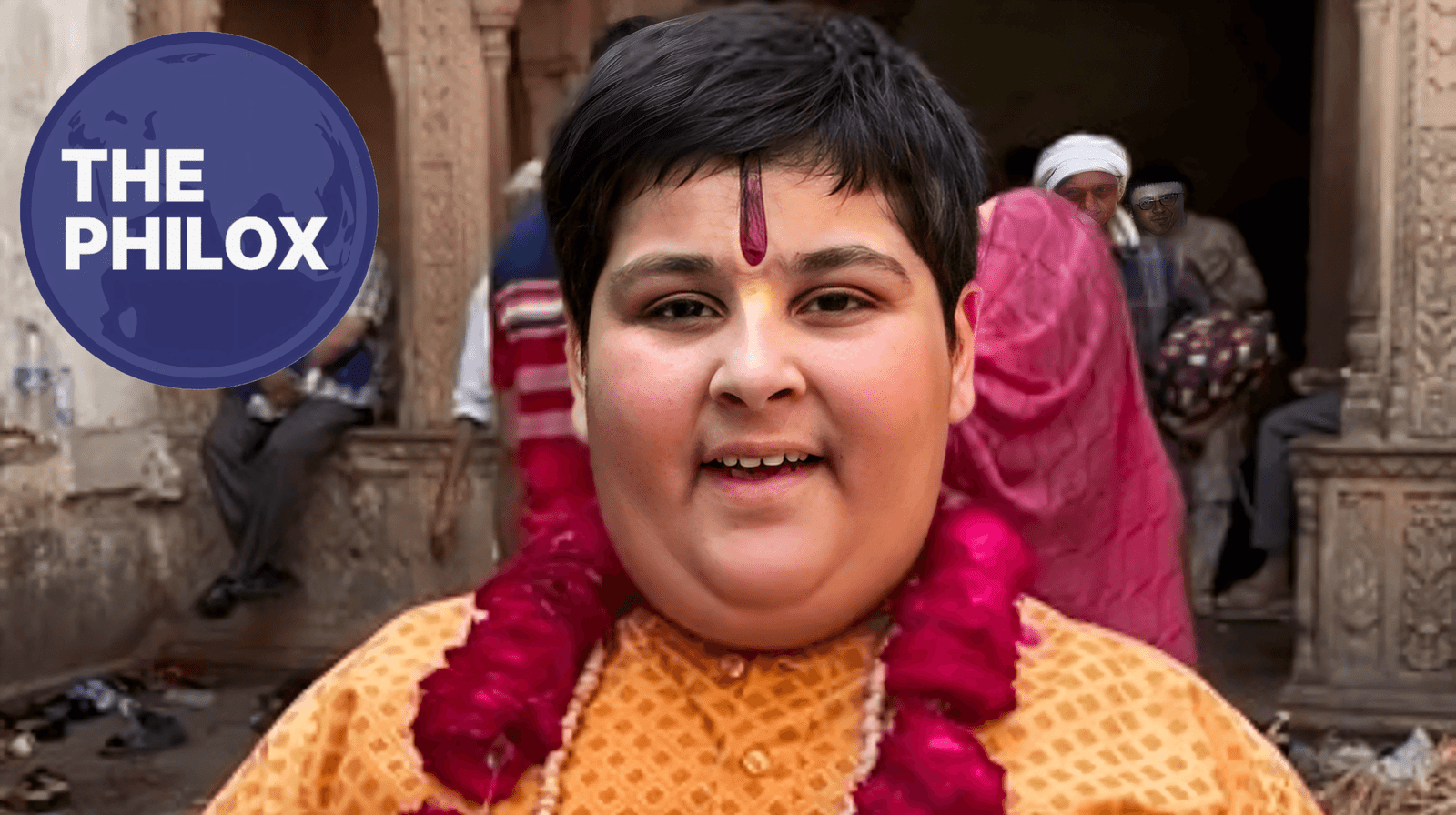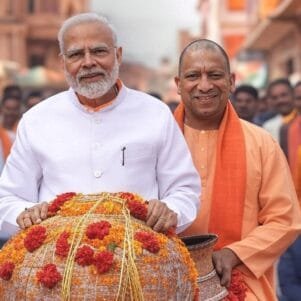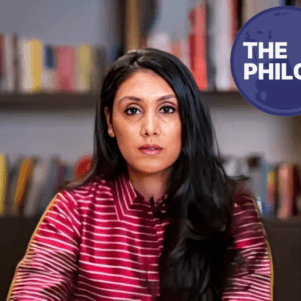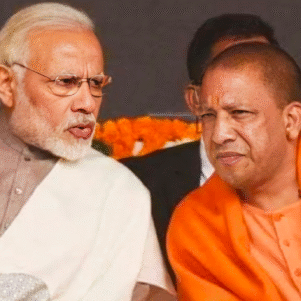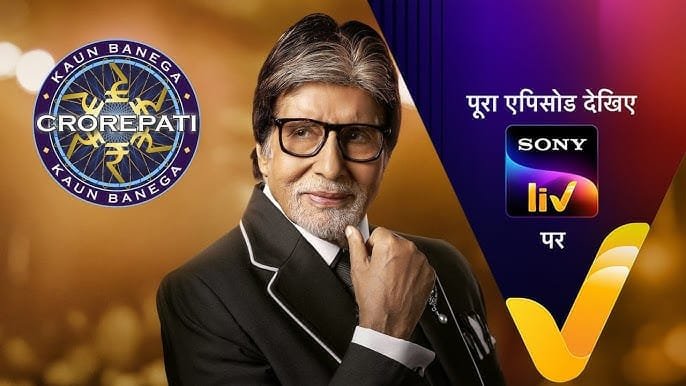Among the unrelenting buzz of metropolitan life in Delhi, in the heart of the city, sits a lad of ten summers old called Abhinav Arora.
Dressed in traditional garb, a tulsi mala slung over his neck, his voice belies his years and mesmerizes listeners. His lectures on Lord Krishna and the core of Hindu scriptures have brought him the moniker Bal Sant Baba, the youngest spiritual orator in India.
Beyond the respect and honors, though, his narrative is laced with conflict, doubt, and a larger discussion on childhood, education, and spirituality.
Development of a Young Spiritual Leader
Deeply shaped by his family’s strong convictions, Abhinav’s path into spirituality started at the tender age of three. His mother Jyoti Arora and businessman and TEDx speaker Tarun Raj Arora created an environment rich in religious rites.
Their house sounds like morning prayers, mala jaap, and everyday ceremonies including the Tulsi Puja Parikrama. Abhinav’s daily lexicon is full with greetings like Radhe Radhe and Jai Shree Krishna, which demonstrate his great immersion in spirituality unlike most children his age.
Although his spiritual activities occupy much of his time, Abhinav also attends a Delhi local school where he is presently in Class 5. Still, his life is quite different from that of his friends.
While other kids are lost in cartoons, cricket, and video games, Abhinav spends hours preaching, reading religious books, and interacting with his developing following.
Thousands of people have come to his sermons based on his commitment in reciting and interpreting Hindu scriptures, therefore gaining him recognition all throughout India.
The Arguments and Criticism
Though he gets respect, doubts about Abhinav’s genuineness are rising. Critics contend that although his presentations are outstanding, they could not be the outcome of personal illumination but rather careful instruction.
Videos of Abhinav’s comments in interviews have surfaced revealing apparently practiced responses with remarkably similar answers on other platforms.
Allegations that his father, Tarun Raj Arora, meticulously shapes his public character and writes his speeches to present an impression of great knowledge have resulted.
The debate veered more sharply when a video surfaced showing Abhinav dancing wildly at a religious gathering. Respected spiritual teacher Swami Rambhadracharya openly reprimanded this behavior for what he considered to be a lack of decency.
This critique spurred more discussion on whether Abhinav’s spiritual trip is authentic or a show meant for public view.
Reacting to these claims, Abhinav’s family has sued other YouTubers for harassment and slander.
Under the cover of revealing the truth, they contend that these content providers are disseminating misleading narratives, exploiting Abhinav’s private photographs, and fostering hate. Their legal counsel has underlined their will to uphold Abhinav’s dignity and guarantee justice.
The more general issue is education against spirituality.
Apart from the debate, Abhinav’s future calls more serious attention. Should he veer toward a regular school and job or keep on this road of spiritual excellence?
Millions of students fight for few spots in top universities like the Indian Institutes of Technology (IITs) and medical colleges through demanding admission tests like JEE and NEET in fiercely competitive India.
Academic pressure is great; many spend years in intense study to guarantee a future.
Even for those who thrive in this fierce competition, though, the promise of a steady job is growing more dubious.
According to reports, around 38% of IITs and National Institutes of Technology (NITs) graduates stay unemployed; almost 8,000 of 24,230 students fail to find employment during campus placements in 2024.
This concerning figure questions the conventional wisdom that holds academic success ensures employment.
The situation of PhD holders emphasizes even more this problem. India ranks fourth in the world for doctorate degrees given, although these academics still have limited job possibilities.
Many highly educated people find themselves working in fields unrelated to their field, occasionally even turning to gig economy occupations in lack of consistent career possibilities. Though it provides flexibility, the gig economy usually results in underemployment and unhappiness since it lacks long-term stability.
The Decision Regarding Abhinav’s Future
For Abhinav, this offers a confusing conundrum. Should he keep on the spiritual road, appreciating the respect of his followers and leading a life of religious impact? Alternatively should he pursue conventional schooling, getting ready for the unpredictable and very competitive fields of job and academia?
One would find a suitable metaphor in a bird. Abhinav can choose to be a caged bird, singing songs taught to him, limited inside the expectations imposed by others.
Although this road provides instant comfort and recognition, it might also cost personal development and real illumination.
Alternatively, he might want to be a free bird, negotiating the erratic but limitless options that education and personal discovery provide. This path calls for resilience and the readiness to face failure even while it promises autonomy and self-discovery.
The Function of Society and the Fascination with Children Prodigies
Abhinav’s popularity also reflects a more general social trend: India’s obsession with young prodigies, especially in spiritual spheres.
Often shouldering great expectations at an age when they should be exploring, learning, and playing, history has seen many young people raised to spiritual prominence.
This begs moral questions regarding the strain young spiritual leaders face. Are they shaped to fulfill a function that meets society need for divine wisdom in young form, or are they really driven by personal calling?
In Abhinav’s instance, his popularity at such a young age could restrict his personal decisions and development, therefore determining his future depending more on public opinion than on personal preference.
The Course Ahead
At a crossroads is Abhinav Arora. His road may bring him to be a revered spiritual leader or someone who decides to shape his fate outside the expectations set upon him.
The important question still stands: does he actually have the freedom to make decisions, or has the path he follows already been decided upon for him?
Society has to consider its own part in forming the life of young prodigies as it observes his path forward. Real wisdom lets a child have the freedom to grow, question, and choose their future rather than imposing a road upon them.
Only time will show whether Bal Sant Baba will keep on his spiritual climb or enter the world beyond dedication, therefore blazing his own path with determination and clarity.
Stay Connected and Share Your Stories
For all those inspired by stories of resilience and ambition, follow us on X/Twitter and on Instagram . For those with untold stories that you would love to share, please send them to contact@thephilox.com
